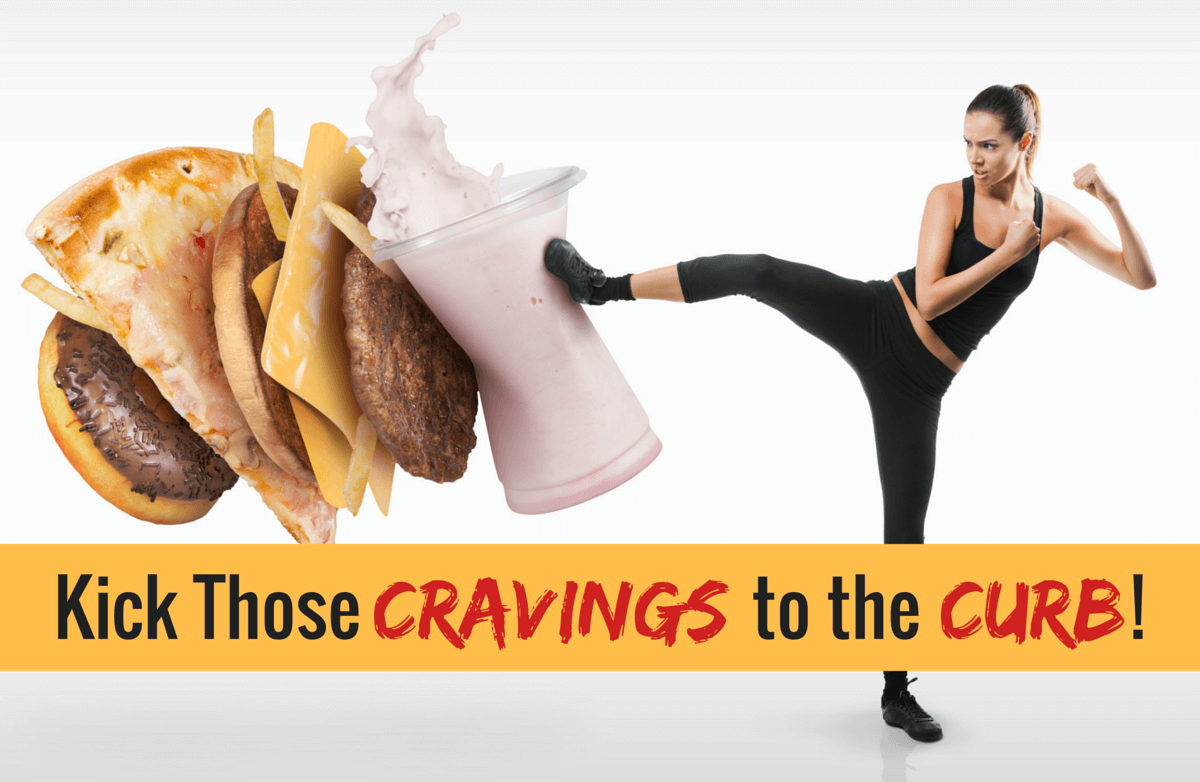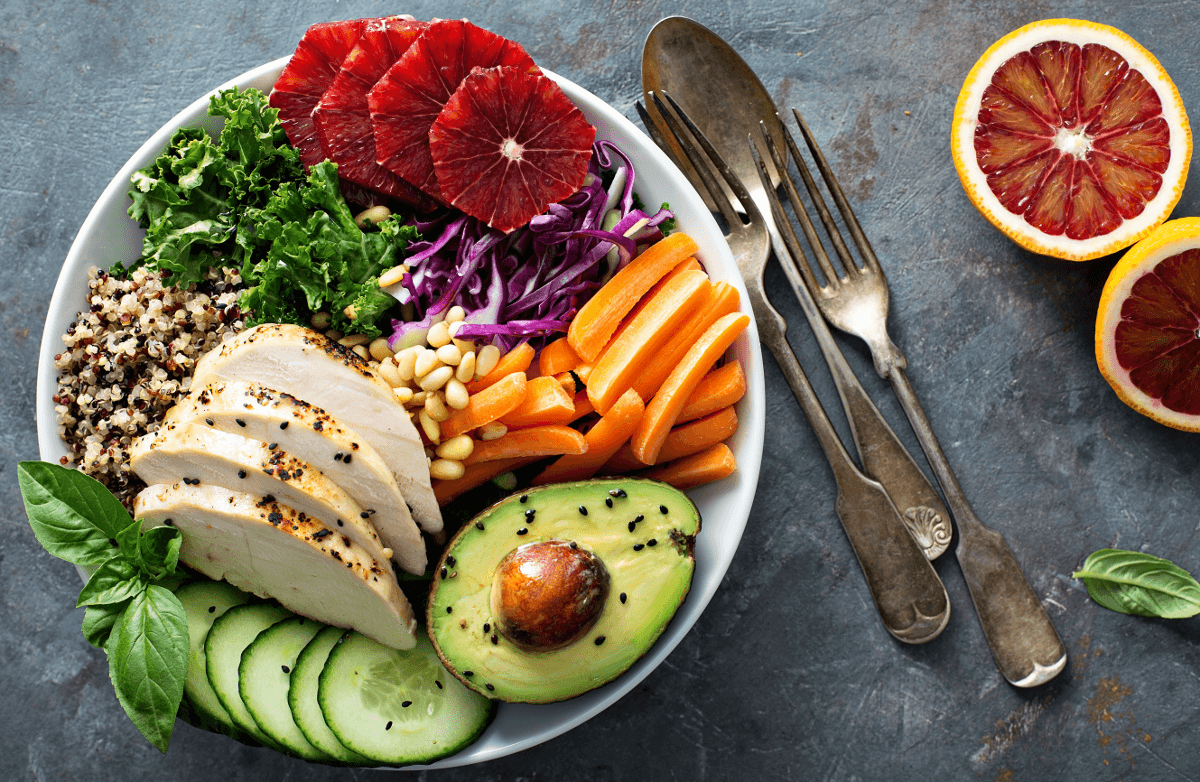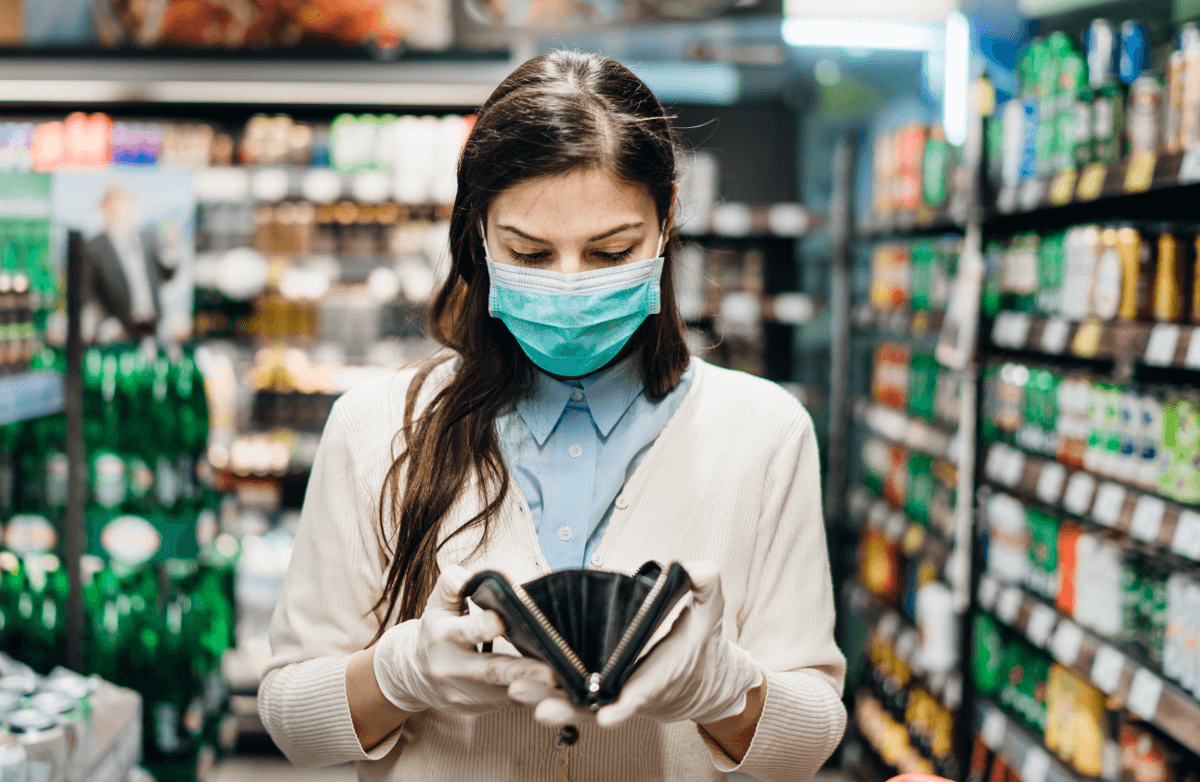|
Fresh fruits and vegetables serve as a nutritional powerhouse for most healthy diets. Loaded with vitamins, minerals, fiber and phytochemicals, they also help protect against disease. Sure there are small health risks from pesticides, but those are easily dealt with by selecting organically certified produce. While fresh produce can be more costly and make them challenging for a tight budget, there are tips to make them more affordable. Fresh produce can require more time to peel, slice, dice, and chop, but pre-cut, pre-washed, and ready to serve options save time for a slightly higher cost. When fresh vegetables are not available, practical, or economically feasible, canned and frozen provide another alternative. Both are convenient and readily available but which is better nutritionally? Canning is a process that extends the shelf life of perishable foods. The first American canning factory was established in New York City in 1812 for preserving oysters, meats, fruits, and vegetables. While the process has changed over the years, the benefit of convenience has not. Today, canned vegetables make it possible to enjoy many favorites all year long instead of just during the growing season. A 1997 study by The University of Illinois Department of Food Science and Human Nutrition found that the canning process does not affect the fiber content allowing canned vegetables to maintain the same content as fresh or frozen. They also found that the heating process increases the solubility, which increases use by the body. This is important to note especially if you have problems with gas or bloating after consumption. The study also found that key vitamins such as vitamin A, carotenes, and Vitamin C hold up well under heat during canning and levels are retained in canned products. Most vegetables are canned at their peak in quality to capture and maintain the taste and nutrition. Fresh produce shipped in instead of coming from a local farmer's market may spend several weeks on the road or in the supermarket before they make it to your table. They also may have been treated with chemicals to help slow the spoilage process and to enhance color for quick sale. When fresh produce is processed directly for canning, it is quickly heated to destroy microorganisms that cause food spoilage or food borne illness. Since the food is uniformly heated in the can, no preservatives are needed and the taste, texture, and nutritional value is retained. When sodium chloride (salt) is added, it is for flavor and not for preservation. Calcium chloride may also be added especially to foods like canned tomatoes or other vegetables where maintaining shape is desirable. This can be a plus if you have a difficult time meeting your daily calcium needs. The FDA deemed frozen vegetables equal to fresh related to essential nutrients and health benefits in a 1998 report. Since vegetables are picked at their peak, blanched then flash frozen, nutrients are quickly locked in. Normally, nutrients begin being lost as soon as produce is picked. Frozen vegetables processed quickly after harvest only lose about twenty percent of their nutrition. The amount of loss can be over double that amount for some fresh produce before making it to your table. Frozen vegetables are the closest thing to fresh and sometimes even better. The Bottom Line Many of us have to work and plan to meet our recommended vegetable servings each day. Most of us need more of them in our diets. Fresh organically grown vegetables that come right from the garden to your table are the most nutritious choice. If you have not yet planted your own garden, consider visiting a farmer's market to get the most nutritious produce. Frozen vegetables are the next best thing to fresh when it comes to nutrition for those times you are in need of convenience or have trouble finding fresh organic options. Steaming or microwaving frozen vegetables is the best way to retain key nutrients. Since nutrients are leached out in water when boiled, be sure to drink the water to get all the nutrients that have been lost when boiling is necessary. Sometimes canned vegetables are all that are available. Eating canned vegetables is better than selecting other processed foods in their place. Canned vegetables are also safe as well as nutritious, especially when low sodium or sodium-free choices are made. Since BPA can be found in cans, it is best to limit their use when possible. If you find that consuming canned beans and legumes lead to gas, bloating and discomfort, rinse and drain them first. Or consider soaking dry sources for several hours before eating or use in recipes to decrease those negative side effects. How are you doing with your daily vegetable intake? Do you use fresh most frequently or do you find convenience causes you to select frozen or canned? |
More From SparkPeople
|


.jpg)
.jpg)

.png)









